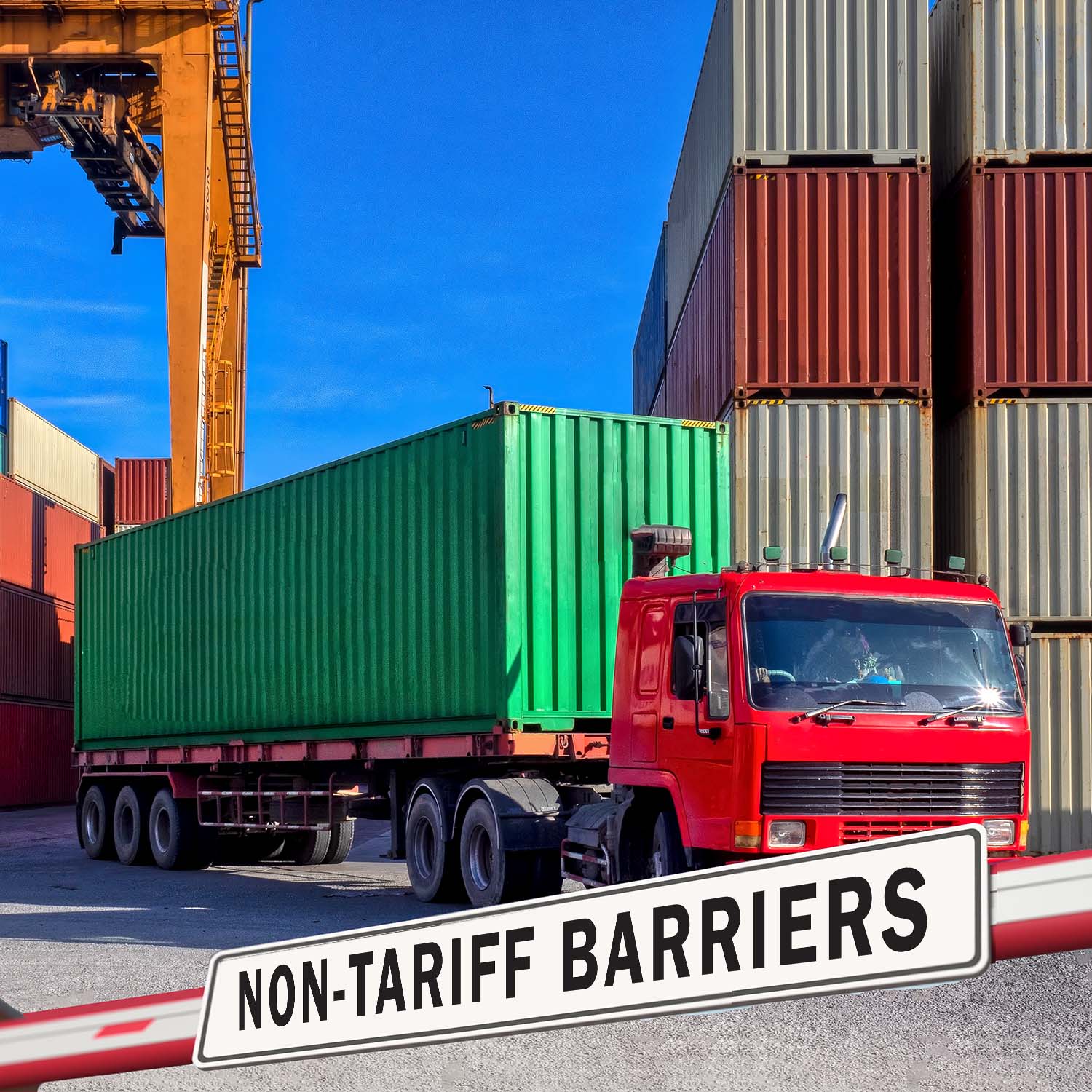The Ukrainian government has been actively analyzing and addressing unnecessary trade barriers that encumber trade, working to make the business environment simpler and more transparent for local and foreign companies. While there have been improvements, many trade barriers in Ukraine persist, including unpredictable discriminatory fees and product certification procedures. Non-tariff barriers include inconsistent customs values to imports, non-transparent certification requirements, cumbersome procedures for phytosanitary certifications, import licenses, and labeling requirements.
Preferential Tariffs
Ukrainian tariff policy reflects a trend toward liberalization in accordance with its World Trade Organization commitments, with a strong bias in favor of its regional free trade partners. The growing differences between preferential tariffs applied to goods from the free trade partners of Ukraine and those applied on goods originating elsewhere have diminished the latter’s business prospects and ability to compete in the Ukrainian market.
Ukraine retains the right to apply minimum export prices on a variety of goods, including several iron-based chemicals, heavy sheet rolled metal, and ferroconcrete reinforcements.
Storage and Border Transport Fees
Exporters and importers are charged a fee to store goods and for transportation vehicles at the Ukrainian borders. This adds to the costs of performing trade and commerce with Ukraine.
Foreign Investment Barriers
Ukraine maintains a number of laws and policies that affect the ability of foreign businesses to invest in Ukraine’s raw material markets. Foreign companies are not allowed to acquire fuel or energy companies that are privatized.
There are allegations of lack of transparency in government policies related to foreign direct investment (FDI) and also of widespread corruption of related officials. The lack of a centralized body looking after the same adds to the confusion.
The Ukrainian constitution allows the exploitation of natural resources and mineral wealth only by government institutions. This restricts private participation in these fields, especially FDI.
The Ukrainian Land Code restricts private ownership of land and severely restricts foreign ownership of property in Ukraine. This also acts as a hindrance to foreign investors opening a business in the country.
Ukraine also provides various subsidies to local business units that operate in the mining sector. There are allegations of these being handed over without adherence to regulations. This means that local business units often gain undue advantage as compared to foreign companies.
Inspection Requirements on Products of Animal Origin
Import of raw animal products, feed additives, premixes, and other products of animal origin is permitted only after the preliminary inspection of the epizootic situation, processing, storage conditions, and other related facilities in the countries where the goods originated. They need to be examined and certified by the Veterinary Medical Service of Ukraine in the form of a “Conclusion” that must accompany the goods.
Weak Intellectual Property Protection
Protection of intellectual property rights is weak in Ukraine. Piracy is a common problem for domestic and foreign food suppliers with well-known consumer brand names. Suppliers are advised to work closely with their local distributors to identify any case of piracy and report them to local law enforcement agencies or to intellectual property rights inspectors of the State Committee of Ukraine on Intellectual Property (SCUIP).
Note: The above information is subject to change. Importers and exporters are advised to obtain the most current information from a customs broker, freight forwarder, logistics professional, or the local customs authorities.
Source: State Customs Service of Ukraine (www.customs.gov.ua); European Commission (www.ec.europa.eu); World Trade Organization (www.wto.org); International Trade Administration (www.trade.gov)
Article written for World Trade Press by Brielle Burt, Jennifer Goheen, and Nina Bellucci.
Copyright © 1993-2024 World Trade Press. All rights reserved.



